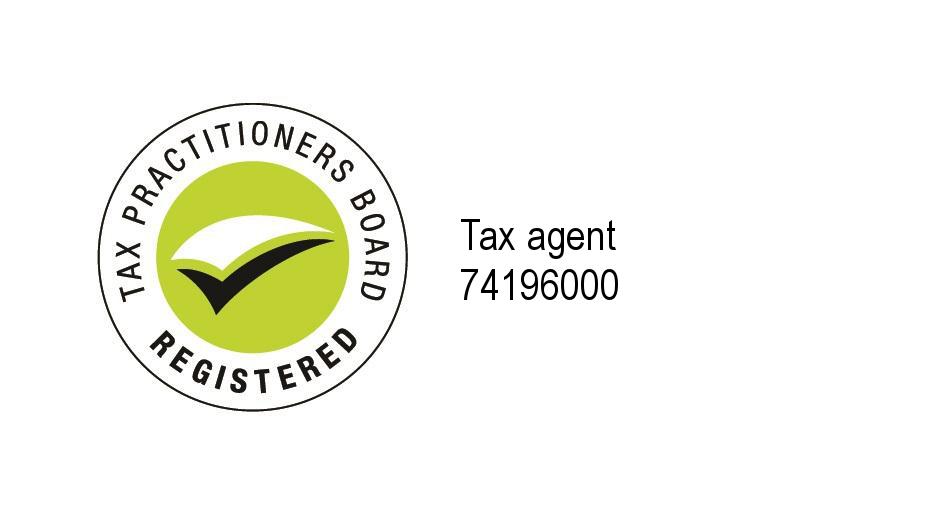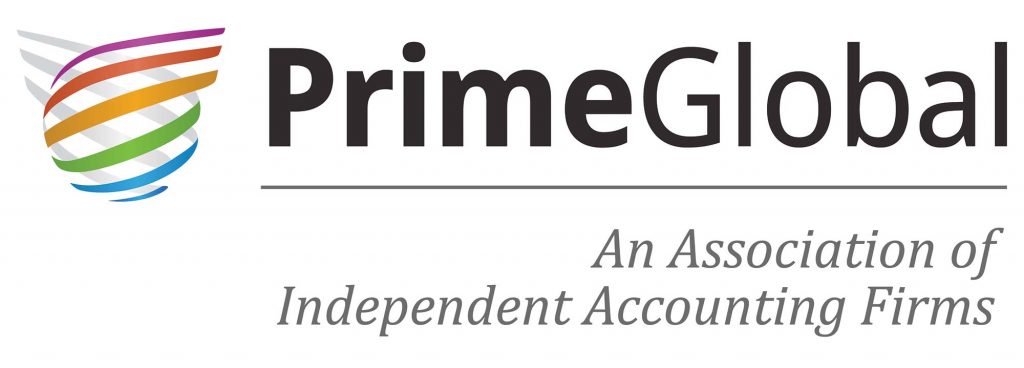Your client’s trading trust made a capital gain and that capital gain qualifies for the small business CGT concessions. The trading trust will apply the small business rollover by acquiring a farm located overseas. The trading trust will use this farm to run a primary production business. Your client will relocate to the foreign country on which the farm is located to assist with the farming business. Your client is the sole individual trustee of the trading trust.
Question:
Can the trading trust acquire the oversea farm for the purposes of the small business rollover?
Small business rollover
A taxpayer is not prevented from acquiring a replacement asset that is located overseas for the purposes of qualifying for the small business roll over. However, there is a risk the relocation may result in CGT event J2 being triggered. This will occur if the relocation causes a disqualifying change in the status or use of the replacement asset (that is the oversea farm). For example where the trading trust, (the taxpayer that derived the capital gain and for which the small business rollover is applied) starts to use the oversea farm solely to produce exempt or non-assessable non-exempt income and this will occur when the trading trust ceases to be a resident trust and the farm is used to derive non-Australian sourced income.
The definition of ‘exempt income’ and the concept of residency and source by implication mean foreign income derived by a non-resident is exempt income. Exempt income is defined to include ordinary income to the extent that the Tax Act excludes it (expressly or by implications) from being assessable income.
A trust will be taken to be a resident trust in an income year if one of its trustees is a resident of Australia or alternatively, its central management and control (“CM&C”) is in Australia.
The residency status of a trustee is determined by applying the definition of resident in section 6(1) ITAA 1936. One of the residency rules for a company is it is a resident if incorporated in Australia. Accordingly, the trading trust will retain its residency status if its trustee is an Australian company.
As the trustee of the trading trust is your client, the individual, the trustee may lose his/her residency status either upon relocation or sometime in the future. This will result in the trading trust ceasing to be a resident trust in the financial year following relocation unless it can be demonstrated that its CM&C continues to be maintained in Australia.
TR 2004/15 sets out the ATO’s view with regard to CM&C in the context of a company residential status. Broadly, this involves a focus on the who, when and where the strategic decision making of a company (or in the present case the trading trust) is located. To mitigate the risk of CGT event J2 being triggered, it may be appropriate to appoint an Australian incorporated corporate trustee for the trading trust or (alternatively to provide power of attorney to a resident taxpayer to manage the affairs of the trading trust).
Needless to say, CGT event J2 may occur in the future when there is a disqualifying change to the use or status of the oversea farm (e.g., when it is no longer used in a business carried on by the trading trust, an affiliate or an entity connected to it).



